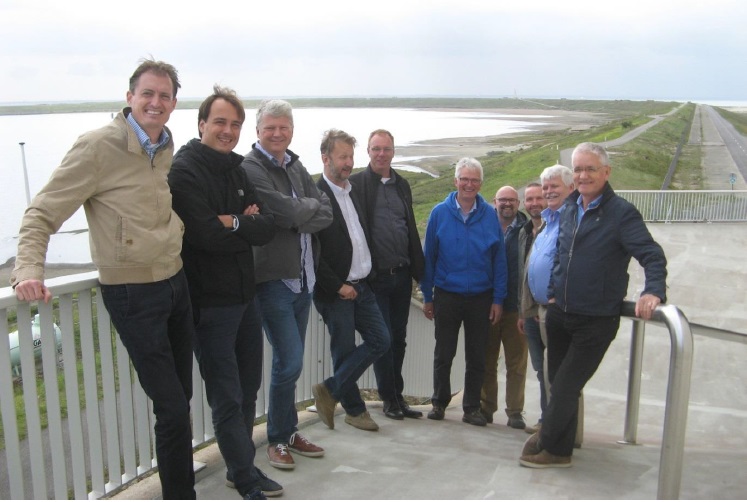The latest CEDA publications on the beneficial use of sediments
The latest CEDA publications cover the most recent work from the CEDA Working Group on the Beneficial Use of Sediments (WGBU).
- Sustainable Management of the Beneficial Use of Sediments: An Information Paper
- Assessing the Benefits of Using Contaminated Sediments: A Position Paper
- Beneficial Use of Sediments: Case Studies
Sustainable sediment use
Dealing with contamination can be perceived as challenging (both operationally and publicly). These papers have been published to inform sediment stakeholders, and practitioners, about the most recent advances in the beneficial use of sediments. The information paper demonstrates that beneficial use applications exist for clean sediments as well as those contaminated with low-level pollutants. The associated position paper aims to address the perceived challenges by focusing on the risk management, and beneficial use opportunities, when dealing with sediments with various degrees of contamination.
Both papers, and accompanying case studies, cover ongoing international initiatives and programmes, and best management practices, in the field, and discuss the value of sediments as a natural resource in the context of sustainable development. These case studies described highlight many effective methods for beneficial use, supported by specific pilot and commercial project applications, assembled by an active community of practitioners with more than two decades of experience in this environmental area.
Based on the case studies collected, beneficial use examples range from dredged materials affected by anthropogenic sources and natural sediments, to be used for construction applications, or to help restore freshwater and marine habitats, with nature-based solutions becoming a prominent driver for sustainable sediment use in the last decade. In this paper, the WG defines beneficial use as: “the use of dredged or natural sediment in applications that are beneficial and in harmony to human and natural development”.
The information and position papers aim to inspire international government agencies and policy makers, contractors, project advocates and international donors (such as the World Bank), to encourage the implementation of sustainable sediment management strategies.
Invitation to submit cases
Members of the WGBU invite the professional the professional community to share their experiences with the CEDA community. Cases involving contaminated as well as clean sediments are invited. After review by the WG, submitted case studies will be uploaded to the site.

Participants of the third face-to-face meeting hosted by Port of Rotterdam at the Slufter Confined Disposal Facility (l to r): Thomas Vijverberg (Boskalis – the Netherlands), Luca Sittoni (Deltares – the Netherlands), Arjan Wijdeveld (Deltares– the Netherlands), Ivo Pallemans (Jan De Nul – Belgium), Marco Wensveen (Port of Rotterdam – the Netherlands), Helmut Meyer (Federal Waterways and Shipping Agency – Germany), Nick Buhbe (Mission Environment LLC – USA), Chris van Schalm (Ministry of Infrastructure and Water Management/Rijkswaterstaat – the Netherlands), Heinz-Dieter Detzner (Port of Hamburg – Germany). Not pictured: Peter Seymour (Ecocem Materials Ltd – Ireland) and Eric Stern (Tipping Point Resources Group – USA) who both participated in the meeting remotely.